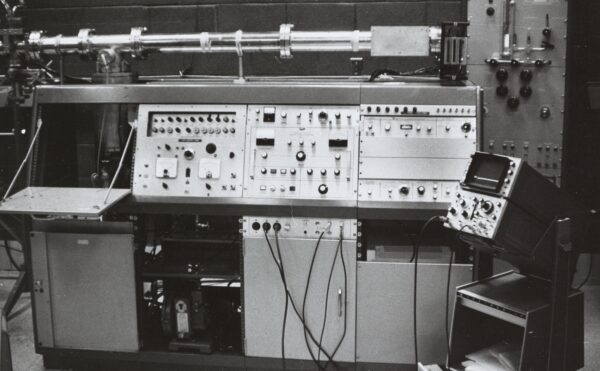
Inverse: Netflix’s Sci-Fi Epic Reveals a Real-Life Cosmic Danger
The Institute’s Lisa Ruth Rand talks space junk in this article about Korean blockbuster ‘Space Sweepers.’
Haas Postdoctoral Fellow Lisa Ruth Rand lends her expertise to this article about Korean sci-fi film Space Sweepers. The Netflix blockbuster, which takes place in the year 2092 after Earth is no longer habitable and humans have voyaged to outer space in order to survive, shines a spotlight on space junk, a very real, very scary issue that has NASA sweating.
“International space organizations typically define orbital debris, or space junk, as any object designed for use in outer space, whether still in space or returning to Earth to the atmosphere that does not serve a designated purpose,” Rand tells Inverse.
More News
LyondellBasell’s Bob Patel Named 2026 Petrochemical Heritage Award Honoree
The prestigious award will be presented by the Science History Institute and the Founders Club on March 28 during AFPM’s International Petrochemical Conference in San Antonio.
Melissa Sherman Joins Science History Institute’s Board of Directors
The MOBILion Systems founding CEO will help support the Institute’s mission and strengthen our relationships in the life sciences industry.
Science History Institute Hosts Food Drive to Support Philadelphia’s Old Pine Community Center
Donations of non-perishable items can be dropped off in the Institute’s lobby now through December 19.



